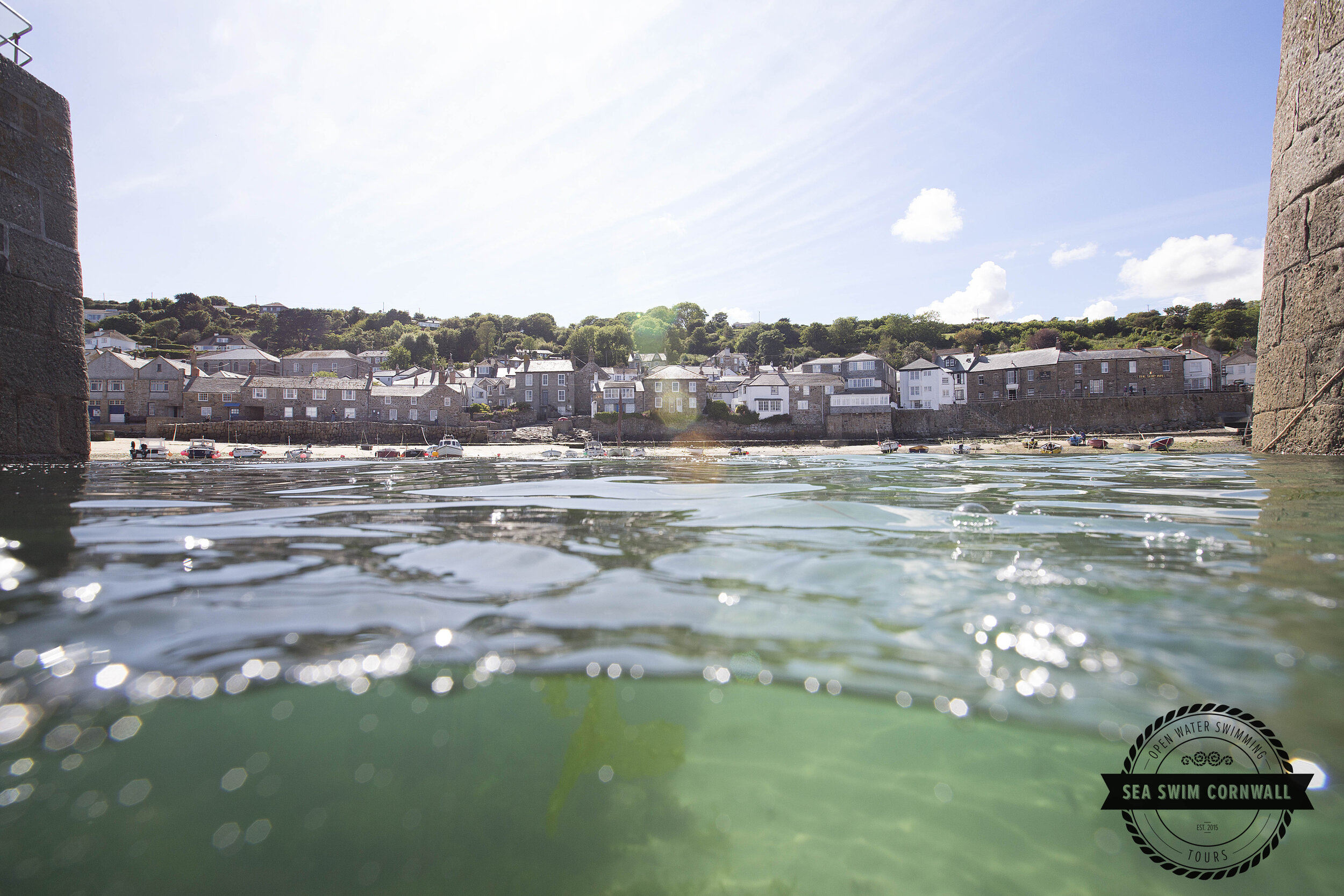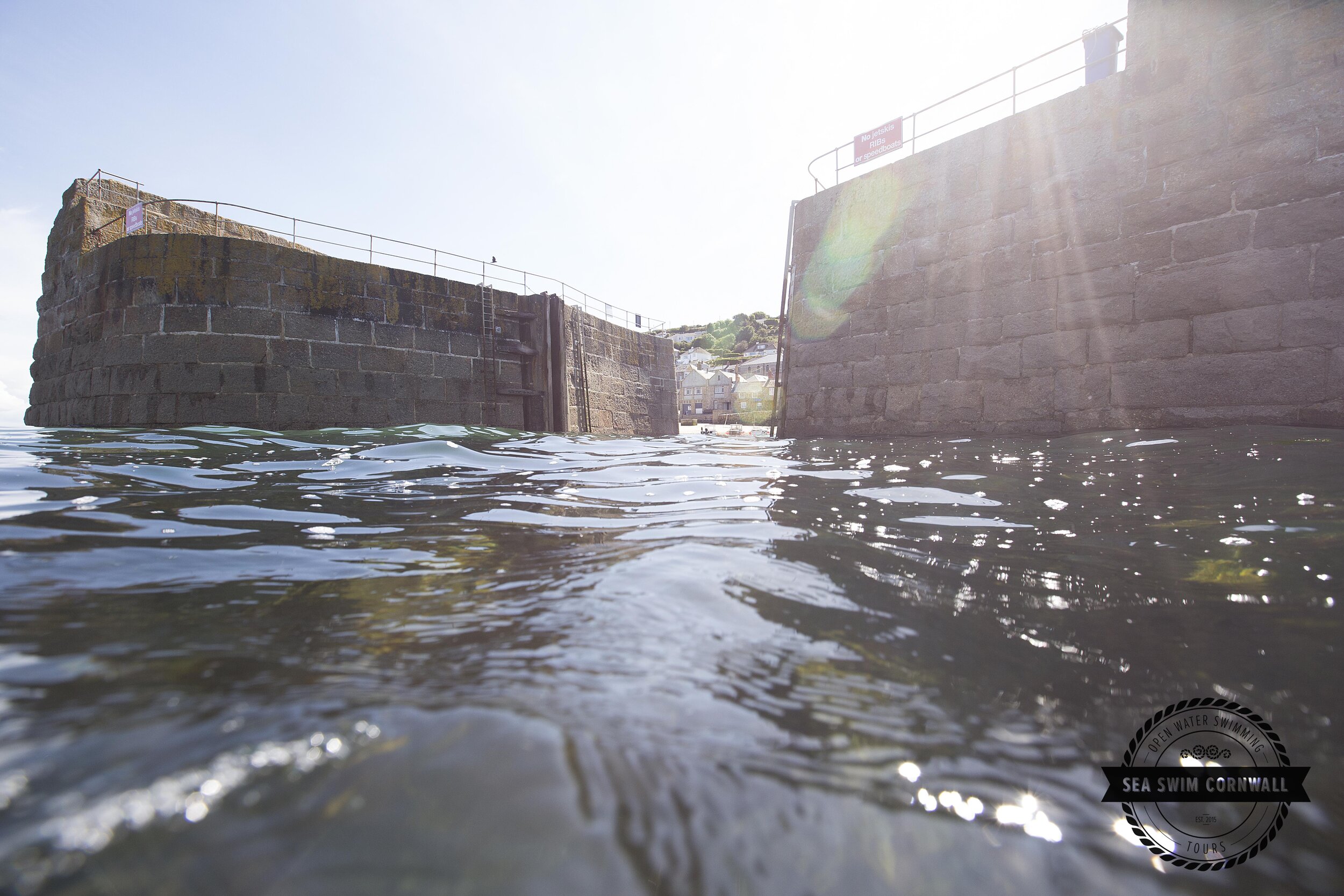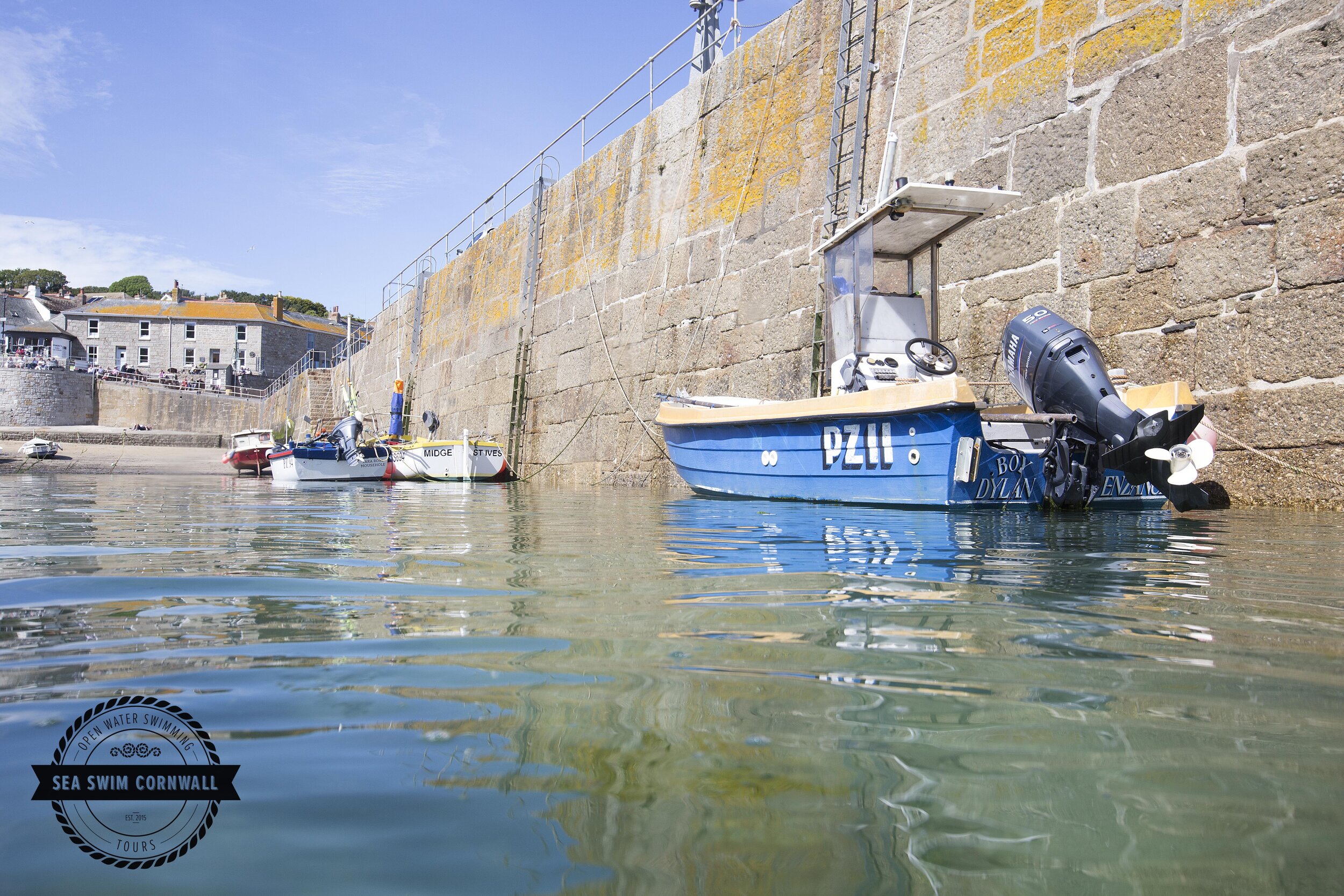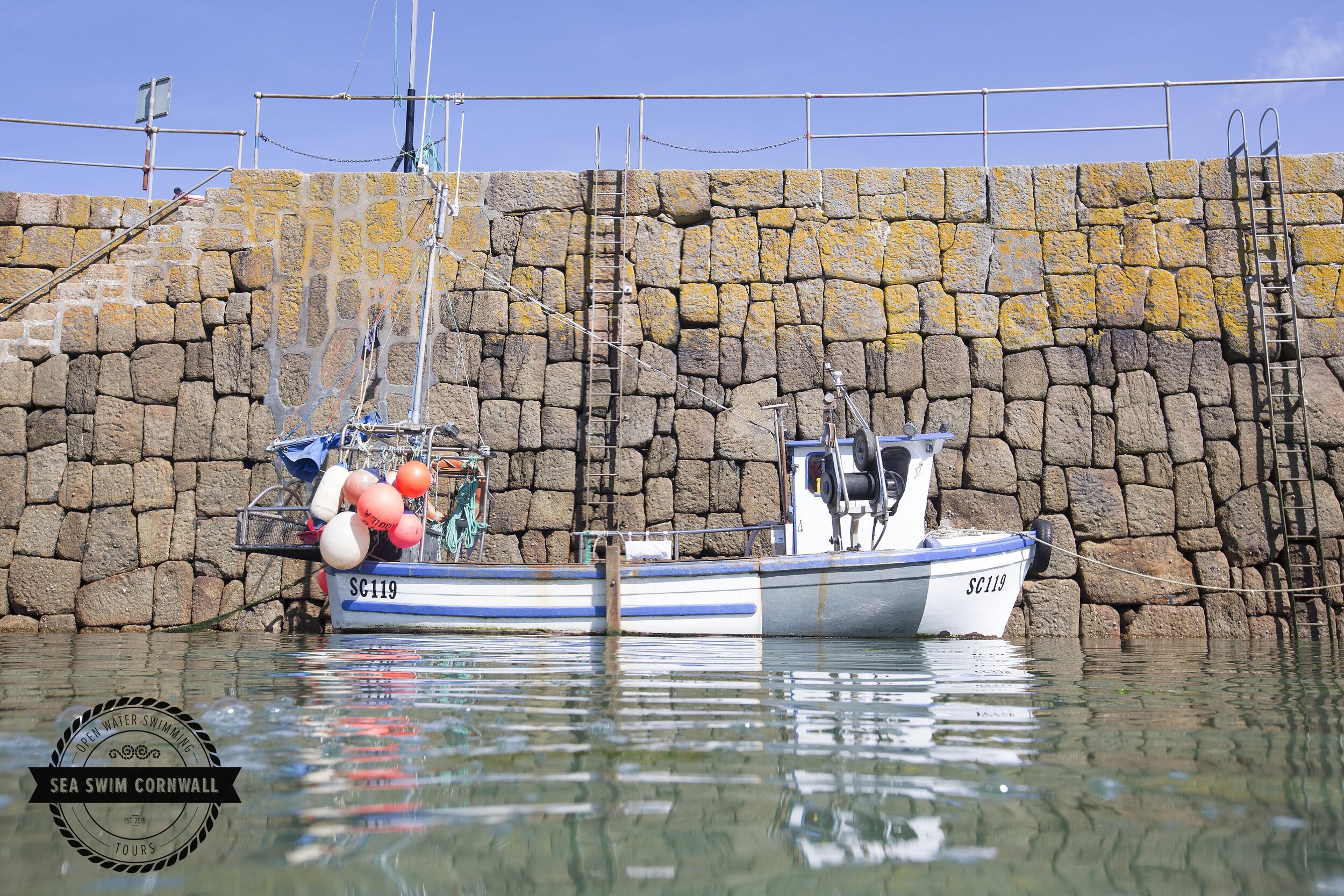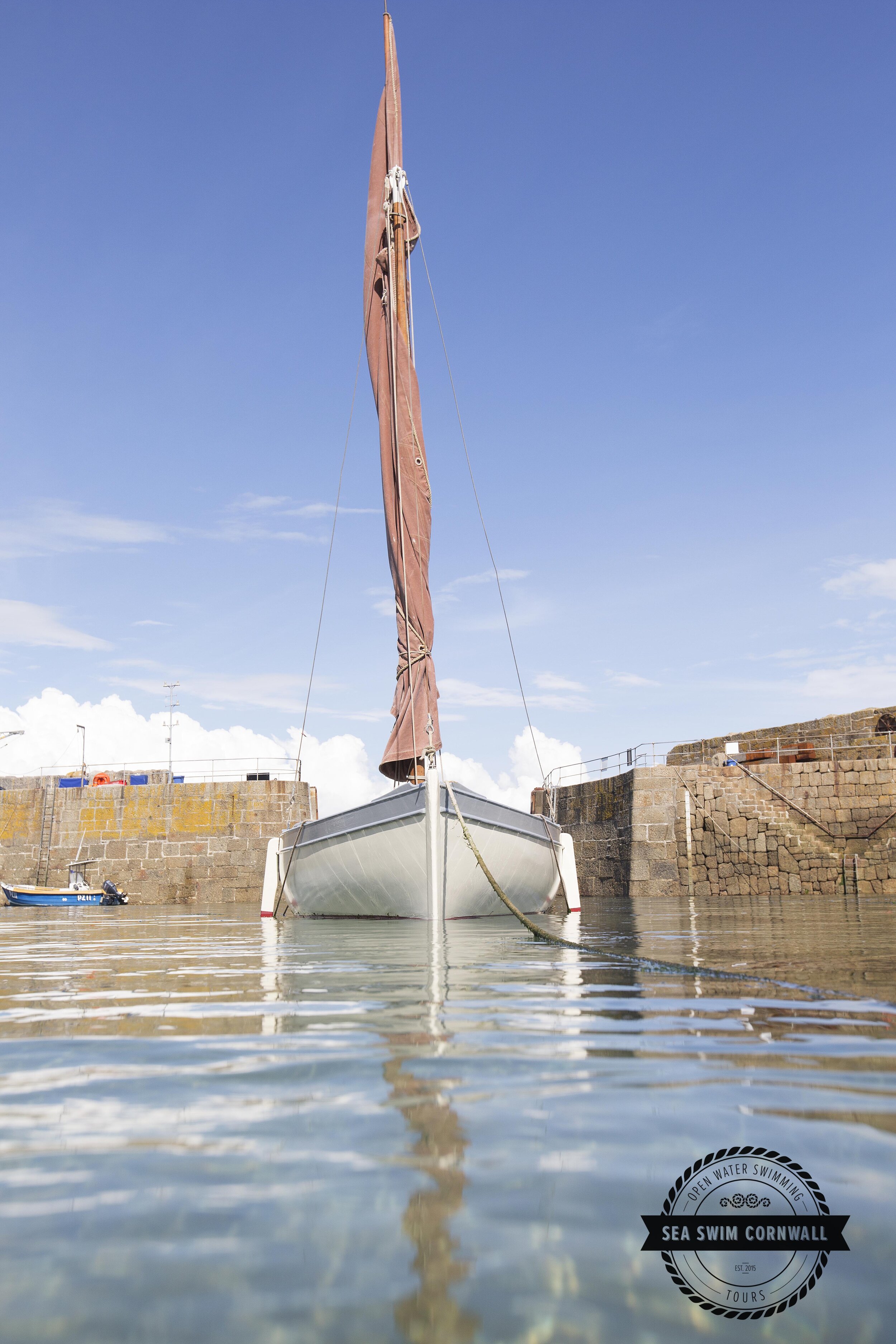Children in all sports develop and improve at different speeds. They hit long plateaus where they don’t improve and then all of a sudden they improve rapidly…with what looks like no rhyme or reason. The classic example is the big kid at school. A child suddenly grows (a lot) and dominates on the rugby field, for example. They’re faster, stronger and heavier than the other kids. They run though them…the problem here though is that it’s too easy. They don’t put the time in to learn and perfect vital skills because they don’t need to. Over time all the other kids grow just as big and strong and fast and the child prodigy is left behind and often then put off the sport, as for the first time they find it quite difficult and no longer have the same degree of success.
Time and time again I see parents hassling coaches to put their child up into the next group or squad. ‘’….all their friends have moved up and my daughter/son hasn’t…it’s not fair…they’re good enough to move…’’. Worst case scenario and again this happens quite frequently, is that the disgruntled parent joins the committee and tries to influence the club’s direction from the inside. From my experience this only hurts the whole swimming club…and whilst parents and children move on, stop swimming, move clubs etc the club continues to suffer long term because of misguided parents making decisions for all the wrong reasons.
The problem with promoting a child too early (in swimming particularly) is the following. If they haven’t mastered all of the strokes or a particular stroke, as they go up through the squads/levels they won’t get the time or attention to improve the stroke later on. If your child has a problem with a particular stroke and they’re promoted too early they may never swim that stroke correctly. Where you think you’re helping your child, your actions are actually having the opposite effect.
The other issue is that all children progress at their own speed. I was hopeless at Butterfly until I was 12-13 years old and made the slightest adjustment to my stroke and went on to be county champion and represent Cornwall swimming butterfly. Whilst I had early success in backstroke, from around the age of 14 I never got any better and it became one of my worst strokes. The fact is that your child doesn’t need to be the best swimmer at the club to become the best swimmer at the club. Nor do they need to be in the best squad. What they need is to develop at their own pace and ensure that technically they’re good enough to move up the ladder. Progress to the next squad isn’t necessarily down to speed (they might simply be quick because they’re stronger than everyone else). Technique is fair more important.
ARE YOU MAKING THE BEST DECISIONS FOR YOUR CHILDREN?
If you find yourself a little angry or upset. Frustrated at your swimming club / sports club’s decision not to pick or promote you or your child, here are some questions you might want to ask yourself, or some actions you might want to take.
1. This isn’t an easy question to ask but you have to…and be brutally honest. Is part of your frustration at your child’s non-selection or position in a team down to your own ego? Are you angry that other children of the same age are moving up whilst your child has not.
2. Has your child simply hit a bit of a plateau and is this the reason they’re not improving…Are they in the middle of a growth spurt and perhaps they’re tired. Or simply playing too many sports…
3. Are you putting too much pressure on your child? Are the goals they have their own or yours?
4. Do they lack motivation or are they distracted? In which case it might be an idea to ease off the training and allow them to start to enjoy swimming again.
5. If you’re not happy with your child’s progress perhaps you should have an open and honest chat with the coach. Find out what your child has to do to continue to progress.
6. If you seriously think your child is being held back by a bad coach or bias of some kind then look at the cold hard facts. Is it because the squads ahead of them are overpopulated? Is there an issue at the club ie. a lack of boys or girls that progress. Are other parents in the same boat? Is there actually a problem or do you simply want there to be one as it’s suits your situation?
7. Could your child’s lack of motivation be overcome by a side-ways move. Perhaps taking up waterpolo, open water swimming, surf lifesaving might ignite their interest.
In around 30 years of swimming in squads I’ve seen some fantastic coaches driven out of clubs by parents and poorly run, misguided committees. Swim coaches, especially in smaller clubs, are often poorly paid positions and often the coach takes the position because of their love of the sport, volunteering hours of their time for free. Not in every case but in a lot of cases they’re not shown half the appreciation and respect they deserve. There is a national shortage of swim coaches. Are you putting unnecessary pressure on a coach you should be praising?


